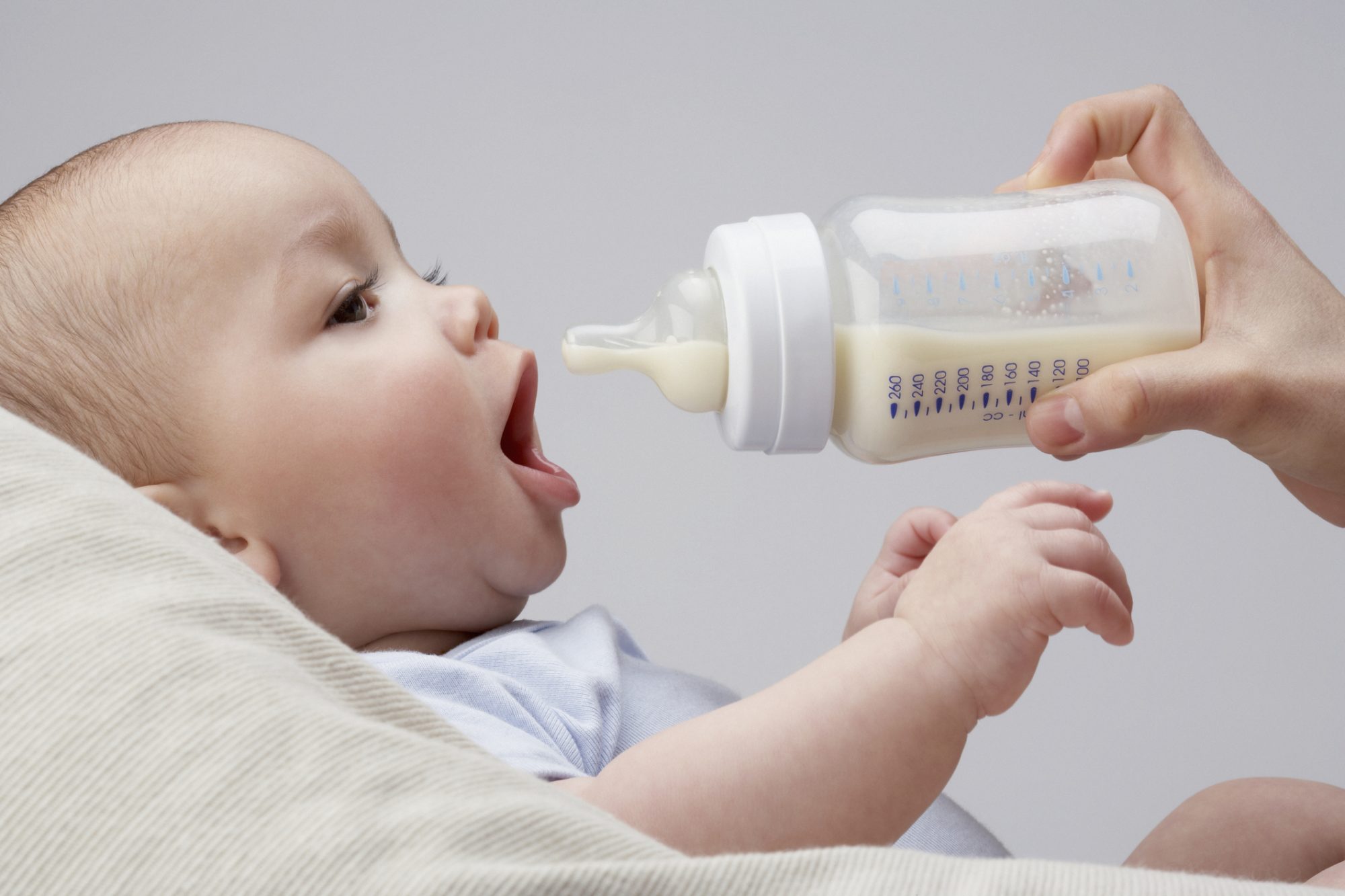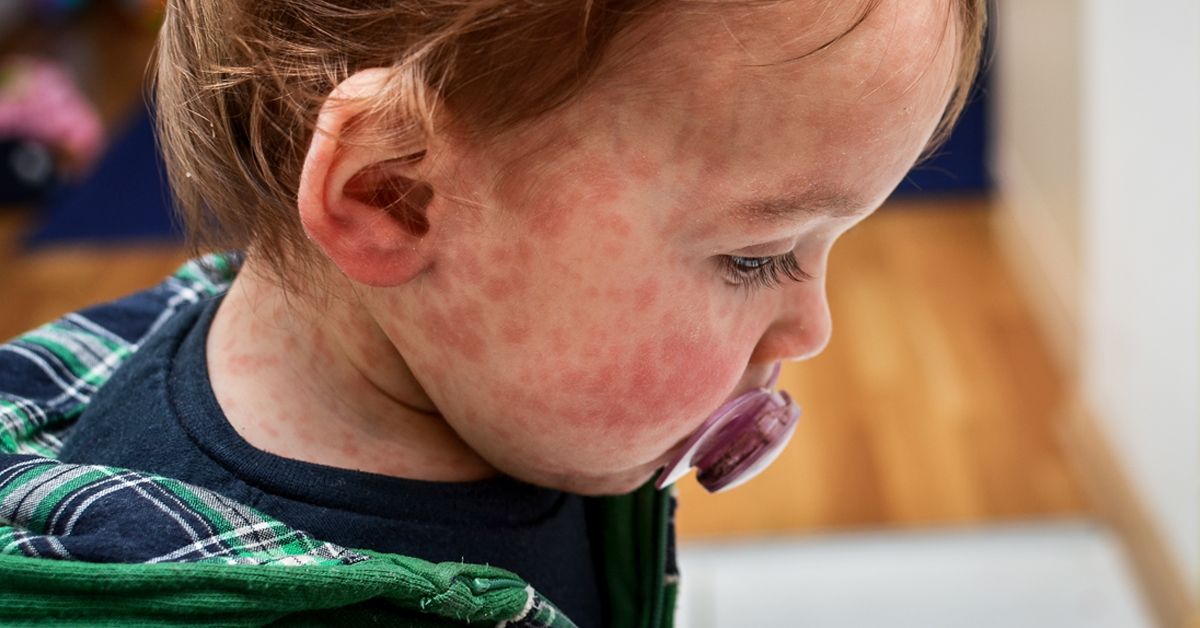Usually, manufacturers use cow milk as the basis for the production of infant formulas. Meanwhile, lots of babies suffer from cow milk protein allergies. It has already been proven that it is the most powerful allergen for infants. According to the results of European studies, an allergy to dairy products is recorded in about 4% of children in the first year of life.
Causes of Cow Milk Protein Allergy

There are two main reasons why an infant may face dairy intolerance. The first one is hereditary and the second one is the immaturity of the kid’s organism. The risk of developing allergies is approximately 40% if one of the parents suffers from an intolerance. If both mom and dad are allergic, then this probability increases to 80%.
The immaturity of the organism which leads to the allergy is considered natural for all children under one-year-old. The gastrointestinal tract only develops at this age hence the digestive problems are so frequent because there are not enough enzymes to digest the amount of food a kid receives. The allergy to milk protein is also caused by an imbalance in the intestinal microbial flora, especially in premature and low-weight babies. Fortunately, immaturity is a temporary factor, therefore, most babies successfully outgrow milk intolerance.
Signs of an Allergic Reaction

Intolerance symptoms can occur during the first days of life. They appear almost immediately after consuming formula based on cow milk. The common clues are dry cough, nasal congestion, wheezing, shortness of breath, and Quincke’s edema. Sometimes an allergy appears several hours or days after consuming products based on cow milk.
Skin symptoms are characterized by rashes mainly on the face (cheeks, forehead), and the inside of the elbows and knees. Gastrointestinal signs are shown as:
- Colic. The reason is that the protein is poorly digested and it irritates the gastrointestinal mucosa. It leads to increased gas production, which also causes pain.
- Stool disorders. They are usually expressed as diarrhea.
- Regurgitation and vomiting after feeding.
- Decreased appetite and growth retardation.
What to Do if a Baby Has an Allergy to Milk Protein?

If an infant has any of the symptoms described, the first step for parents is to visit a pediatrician. In case, an allergy is confirmed a pediatrician would recommend starting feeding a baby with specialty hydrolyzate or amino acids formula. However, it is important to switch to such feeding gradually as the taste of the product changes, and not all children like it.
If an allergy is not confirmed, but one of the parents has it, a doctor may advise giving a kid hypoallergenic formula as a preventive measure. In the absence of severe allergic reactions, a pediatrician can recommend Goat milk Formula. Along with protein that presents in cow milk there is also alpha-s1 casein that is one of the most potent allergens. It is absent in breast milk at all, and in goat milk it is negligible. Therefore, formula based on goat milk seldom provokes allergic reactions and is absorbed 6 times faster.
Unlike cow milk which contains A1-beta-casein which slows down gastrointestinal motility and decreases lactase synthesis, in goat milk, there is A2-beta-casein which has a positive effect on the intestinal microflora thus relieving colic.

